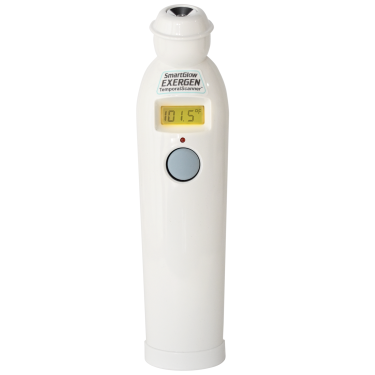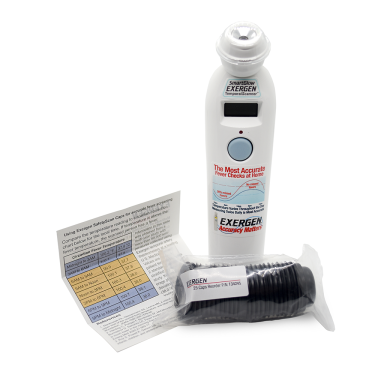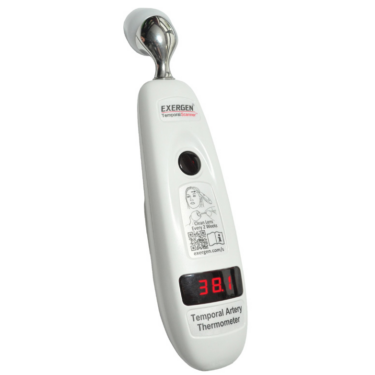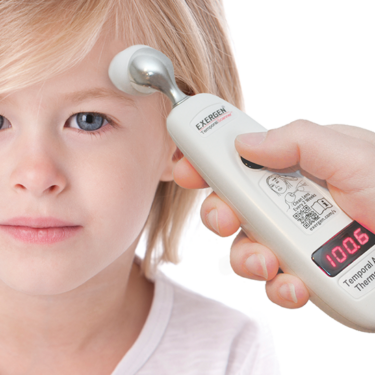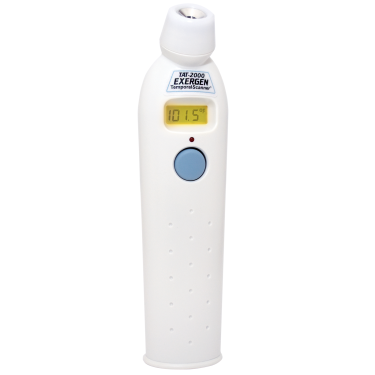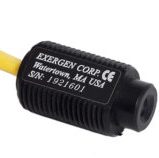Fever is often the body’s first alarm bell a biological signal that something may be wrong. In older adults, however, the symptoms and thresholds for concern can look very different than in younger people. What might seem like a mild temperature rise in a younger adult can actually signal a serious problem in a senior. That’s why routine temperature checks, ideally done twice a day, are an important but often overlooked part of elderly care.
Among seniors, fever may be caused by common infections such as urinary tract infections or pneumonia, but it can also result from less obvious sources like medication side effects or inflammatory diseases. Complicating matters, elderly individuals tend to have a lower baseline body temperature, meaning that even a seemingly normal reading might mask a developing problem. Subtle symptoms such as confusion, fatigue, or reduced appetite are sometimes the only early warning signs.
Immediate Medical Evaluation
Medical experts generally consider a temperature of 100.4 F (38 oC) or higher to be a fever in older adults. A reading of 103 degrees F (39,4 oC) or more should be treated as a red flag and warrants immediate medical evaluation. But because elderly people may not always show typical signs such as chills, sweating, or flushed skin it becomes essential to observe other indicators like disorientation, rapid heartbeat, and shortness of breath.
Regular monitoring is one of the simplest ways to catch a fever before it escalates into a more serious condition. A twice-daily routine—once in the morning and again in the evening—allows caregivers or individuals themselves to establish a baseline and notice even minor deviations. This proactive habit is particularly useful in long-term care settings or at home when managing chronic illnesses, where infections can progress quickly and silently.
An Easy To Use and Non-Invasive Thermometer
For elderly individuals, especially those with cognitive decline, frailty, or chronic conditions, using a thermometer that is both accurate and non-invasive can make a significant difference in daily care. Exergen’s Temporal Artery Thermometer meets these needs by offering a gentle forehead scan that takes just seconds, without the discomfort or confusion often associated with ear, oral, or rectal measurements. Its ease of use allows caregivers and family members to take reliable readings quickly—even while the patient is resting—making it a crucial tool for regular monitoring and early detection of fever in older adults.
If a fever does appear, responses should be tailored to the severity and accompanying symptoms. A mild fever without serious symptoms may be managed at home with adequate rest, hydration, and close observation. Drinking plenty of fluids, maintaining a cool environment, and avoiding exertion can help the body recover. Over-the-counter medications such as acetaminophen may help reduce fever, though it’s essential to consult a healthcare provider before administering any drugs, especially when other medical conditions are present.
But in cases where a high fever is accompanied by signs like confusion, chest pain, trouble breathing, or a rapid decline in functioning, medical help should be sought immediately. These symptoms could indicate conditions like pneumonia, sepsis, or an underlying illness that requires urgent treatment.
The Risk of Complications
The risk of complications is heightened in older populations, particularly those with pre-existing health conditions such as heart disease, diabetes, or arthritis. For this reason alone, fever should never be dismissed as a minor concern in the elderly. Acting swiftly can mean the difference between a manageable infection and a life-threatening crisis.
Fever may be a common symptom, but in older adults it comes with added complexity. Establishing a habit of checking body temperature twice daily is a small step that can have a major impact. It not only provides peace of mind but also equips caregivers and family members with valuable information to act quickly if something seems amiss.
By paying attention to the early signs and knowing when to intervene, we can better protect the health and wellbeing of seniors—and ensure that this basic yet vital measure isn’t left to chance.
Source:
Exergen P/N 850482
